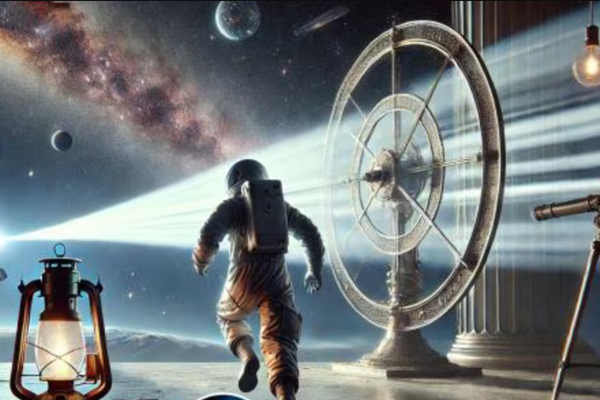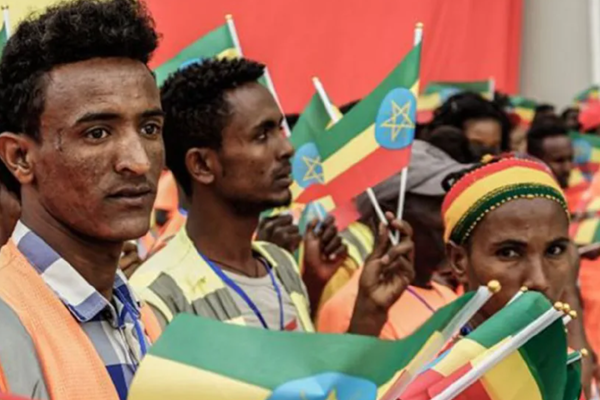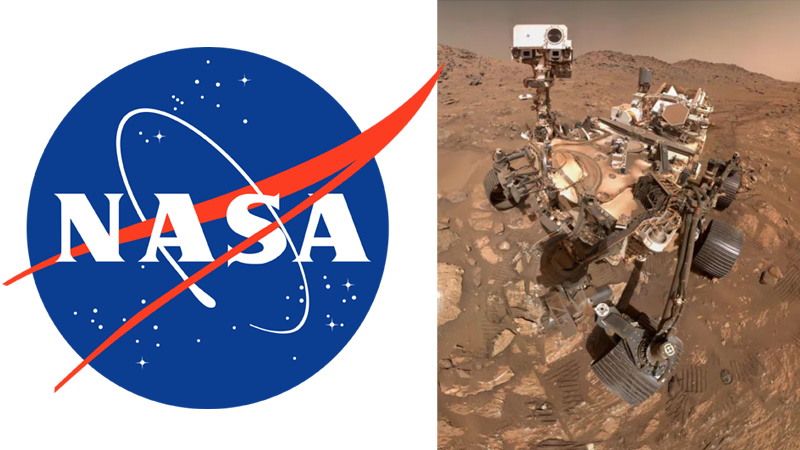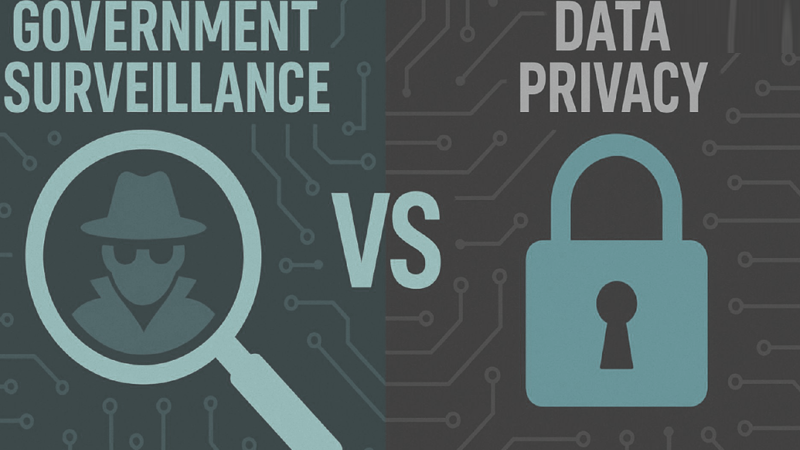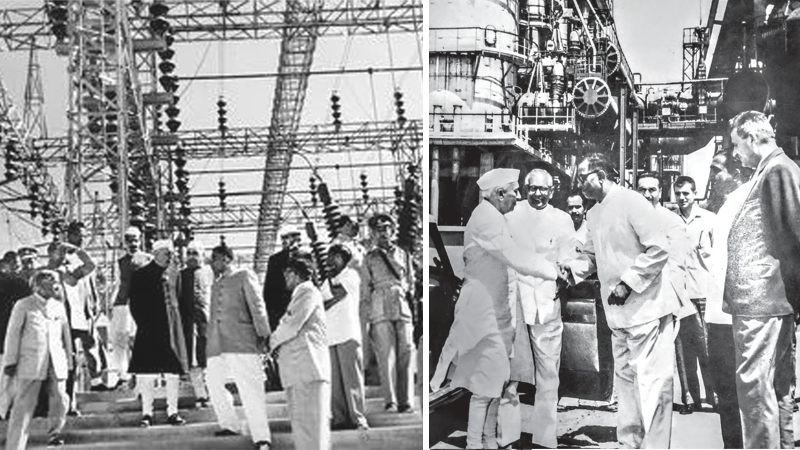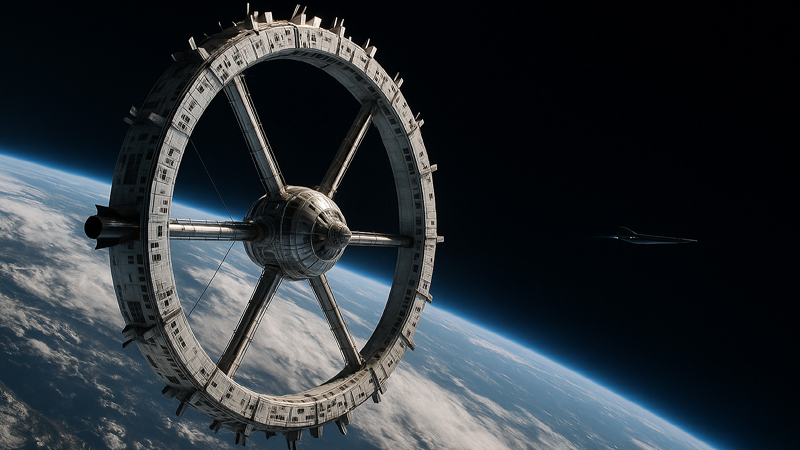Counting Castes, Counting Controversies: Supreme Court, the Census and the OBC Question
Editorial
The United Nations: A Flawed Yet Vital Force for Global Peace
As we mark UN Day on October 24, 2025, the United Nations stands as a cornerstone of global governance, born from the ashes of World War II to prevent conflict and promote cooperation. Its 193 member states and diverse organs—from the General Assembly to the Security Council—aim to uphold peace, human rights, and development. Yet, 80 years after its founding, the UN’s effectiveness is a mixed bag, particularly evident in crises like the ongoing Gaza conflict, demanding a critical look at its strengths and failures.
The UN’s strengths lie in its unique role as a global platform. It fosters dialogue, preventing wars through diplomacy, as seen in the 1962 Cuban Missile Crisis resolution. Peacekeeping missions, like UNTAET in East Timor (1999-2002), facilitated independence, while UNMIL in Liberia (2003-2018) ended civil war. The UN delivers aid to millions—think food distributions in Sudan or refugee support via UNHCR. Its Sustainable Development Goals tackle root causes of unrest, and health triumphs like smallpox eradication showcase its potential. For small nations, the General Assembly offers a voice, amplifying calls for justice.
However, the UN’s flaws are glaring. The Security Council’s veto power, held by five permanent members, cripples action on major conflicts. Deadlocks over Syria and Ukraine highlight this paralysis, with U.S.-Russia rivalries often stalling progress. Failures like Rwanda’s 1994 genocide, where UNAMIR was under-equipped, and Srebrenica’s 1995 massacre, where peacekeepers stood by, expose operational weaknesses. Bureaucracy and funding shortages further hamper responses, fueling perceptions of irrelevance in a multipolar world.
The Gaza crisis underscores these shortcomings. Israel’s actions, labeled by some as genocide, have displaced millions and killed tens of thousands since 2023, yet UN resolutions remain unenforced due to U.S. vetoes shielding Israel. While the UN provides aid in Gaza, its inability to halt violence or hold perpetrators accountable reveals a toothless system, eroded by great-power politics. Critics argue this selective inaction undermines the UN’s moral authority.
Despite these cons, the UN’s existence fosters hope. It coordinates global responses to climate change and pandemics, indirectly supporting peace. Proposed reforms, like veto limits or Security Council expansion, could bolster its efficacy. The Gaza failure demands accountability, but the UN remains indispensable. Strengthening multilateralism is crucial to realizing its promise of a peaceful world.
India’s Energy Tightrope: Navigating Sanctions on Russian Oil
The latest U.S. and European sanctions on Russian oil have placed India in a delicate position — balancing its energy security needs with its diplomatic principles. As one of the world’s largest importers of crude oil, India has relied heavily on discounted Russian crude since 2022, which helped contain inflation and stabilize domestic fuel prices.
However, new sanctions targeting Russian tankers, insurers, and intermediaries have disrupted this arrangement. Shipping costs have surged, and the discount on Russian crude has narrowed sharply, eroding the economic advantage India once enjoyed. Moreover, Western pressure is mounting, with Washington warning that continued large-scale purchases could trigger trade repercussions.
India’s response has been guided by the doctrine of strategic autonomy — the cornerstone of its foreign policy since independence. New Delhi insists that its energy decisions are made solely on national interest, not geopolitical alignment. The Indian government argues that affordable energy is crucial for its 1.4 billion citizens and for sustaining post-pandemic economic recovery.
Nonetheless, the situation underscores India’s need to diversify energy sources. With risks rising, refiners are turning toward suppliers in the Middle East, Africa, and Latin America. Simultaneously, India is pushing for renewable energy investments to reduce dependence on volatile oil markets.
Diplomatically, India continues to walk a tightrope — maintaining strong ties with both Russia, a traditional partner, and the West, a vital trade and technology ally. How New Delhi balances these relationships amid tightening sanctions will test its global credibility and strategic resilience.
For now, India’s stance remains pragmatic: it will neither abandon its energy security nor compromise its foreign-policy independence.

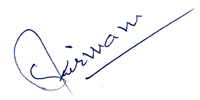
 SAS Kirmani
SAS Kirmani
